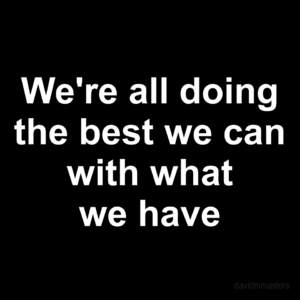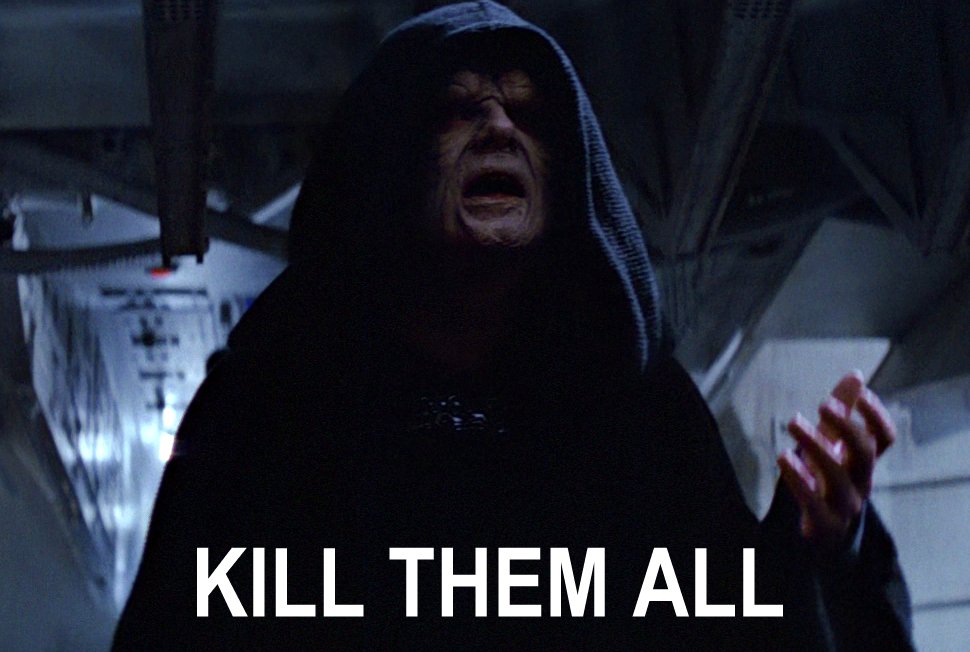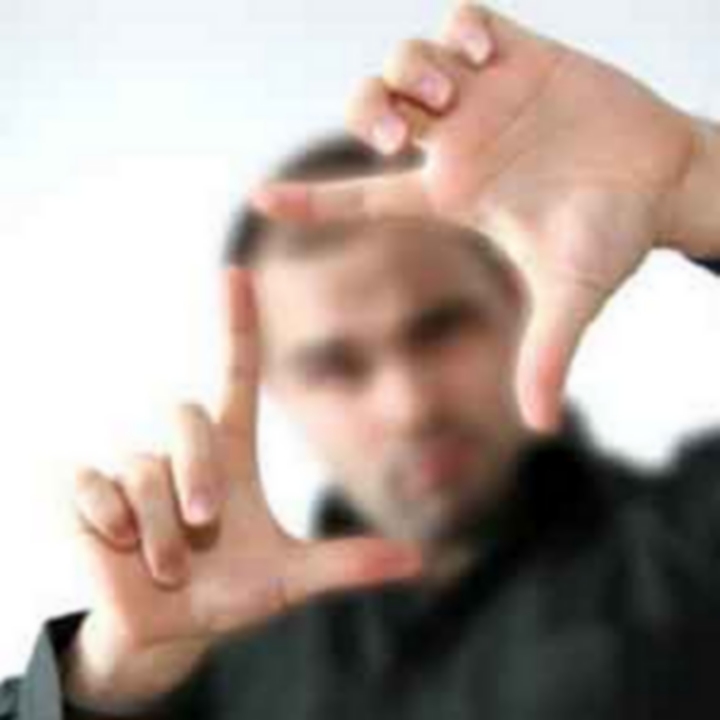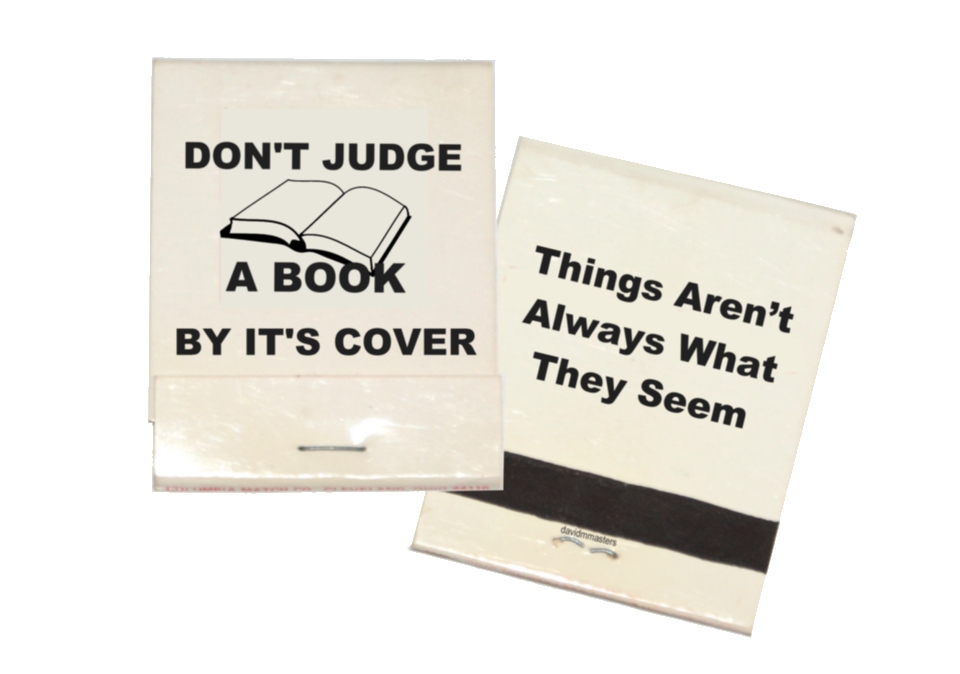You are the result of a lifetime of abuse and victimization from the sound of your first cry for life until today, you have survived and endured judgment, false accusations, injustice, betrayal, abuse, and trauma. It’s a wonder you’ve made it this far at all.
You are a bundle of emotional wounds and garbage you’ve collected over the course of your life, which explains a lot about who you are and how you respond to the world around you. After all, nobody knows better than you, that you’re the only person you can count on to look after you. This is your primary objective.
You surround yourself with emotional tripwires and landmines to protect yourself and you try to keep all those emotional wounds hidden and suppressed, which is the highest level of self-abuse. All that unresolved trauma compromises your immune system, promotes premature aging, makes you more prone to sickness and disease. If that weren’t enough, is also keeping you separated from all the best things in life.
The fortress you’ve built to protect yourself is nearly impenetrable. You might applaud yourself for doing such a good job of protecting yourself. From inside your fortress you feel safe but if you could see from a higher perspective, you could see you have sentenced yourself to a life in prison of your own making.
Forgiveness is the Key
Forgiveness is the key to unlock every level of containment you’ve subjected yourself to.
There’s no denying the multitude of transgressions you’ve endured. The wounds run so very deep. Your pain, fear, and the repressed anger from the grudges you maintain are weapons of those who hurt you in the first place. They continue to hurt and abuse you every moment that you harbor unforgiveness.
The first thought which you might consider would be to ask the question, “Why would I forgive someone for doing that to me?” and you might rather see them punished for what they did, but contemplating retribution is another way the victimizer continues to have power over his or her victim.
Not only are you a victim of your abuser but you subject yourself to continued self-abuse by second-guessing yourself, and feeling guilty, wondering how you could have let someone do that to you? Setting up emotional blockades and numbing your own emotions so that you can’t be hurt like that again.
Playing the part of the victim does offer you emotional support from others who might feel sorry for you, which helps to ease the pain, but it also cements your position in being continually victimized by your abuser.
Forgiveness Can Set You Free
Forgiveness starts with you. You must forgive yourself first. You are not responsible for any of the emotional pain you’ve endured. You never deserved to be disrespected, mistreated, or abused. You were innocent. You were just in the wrong place at the wrong time, or maybe you suffered the abuse because you were strong enough to take it, like a shock absorber, sparing someone else who could not have survived the abuse.
You cannot control what other people do. You are only in control of your own life and forgiving yourself, absolving yourself from any sense of wrongdoing or deservedness is implicit.
Forgive Them
You are not required to face or confront your aggressor(s), all you need to do is to realize that these people were only doing the best they could with what they had at the time. Just as you were only doing the best you could with what you had at that time.
You might even offer up a little empathy, that had you lived that person’s life, you might have committed the same atrocities.
Forgive them. Forgiving them is not about them at all, it’s more about you forgiving them so that you can go on with your life without them continually exerting additional abuse to you over time.
Your forgiveness is complete, when you can look back at the episode without pain, guilt, or anger, and can truly hope that he or she finds his or her own way to claim a better life for themselves in love, without having to strike out at others anymore.
You can learn the lessons from your past without having to carry around all that emotional baggage. No need to seclude yourself deep within your fortress.
You can be free, and forgiveness is the key.
Related: Forgiveness Ain’t Easy, Let Go of Unforgiveness, True Forgiveness, Unforgiveness or Forgiveness







